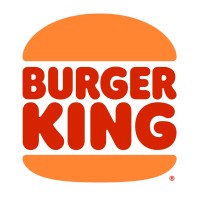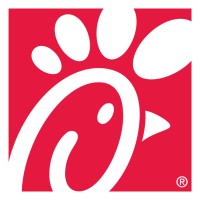
Burger King
The year is 1954. Dave and Jim*, two budding entrepreneurs, are on a mission to re-design the perfect broiler, one that will infuse flame-grilled goodness into every burger. And that's how our brand was born. Today the Burger King Corporation, its affiliates and its franchisees collectively operate more than 17,000 restaurants in more than 100 countries and U.S. territories, serving over 11 million guests per day and they’re still coming back for that flame-grilled flavor. The Burger King® brand is owned by Restaurant Brands International Inc. (“RBI”), which owns three of the world’s iconic quick service restaurant brands – Burger King®, Tim Hortons®, and Popeyes Louisiana Kitchen®. But we still have room to grow – and that’s where you come in. We need strong operations, bold marketing, and the best people around to make these brands great. And if we like what we see, there’s no limit to how far you could go here. For more information and exciting career opportunities, please RBI’s website at www.rbicareers.com. For more information about Burger King Corporation, please visit the company’s website at www.bk.com or follow us on Facebook and Twitter. Burger King is a registered trademark of Burger King Corporation. All rights reserved. Please visit www.bk.com for more information on Burger King Corporation trademarks. * Dave Egerton and Jim McLamore, original founders of the Burger King® brand.






